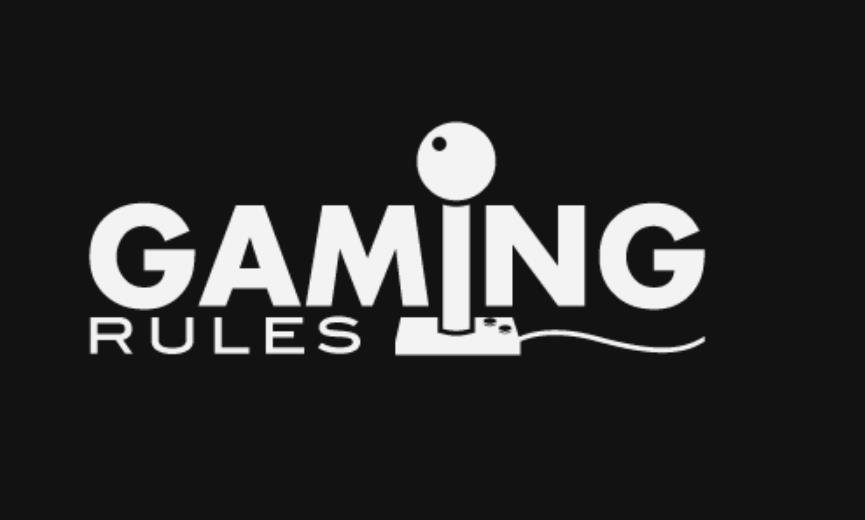China has announced a new set of draft guidelines that aim to curb the excessive spending and addiction of online gamers, especially minors. The proposed rules, which were released by the National Press and Publication Administration (NPPA) on Friday, have sent shockwaves across the gaming industry and caused the shares of major companies like Tencent and NetEase to plummet.
The new rules are part of China’s ongoing efforts to regulate the online gaming sector, which is the largest in the world with over 720 million players and $46 billion in revenue in 2022. According to the NPPA, the new rules are intended to protect the physical and mental health of gamers, especially minors, and to prevent the spread of harmful content that endangers national security and social stability.

Some of the key provisions of the new rules are:
- Online games cannot offer rewards or incentives for daily log-ins, topping up accounts, or other activities that encourage excessive spending and playing.
- Online games must limit the amount of money that users can recharge or spend on in-game items or services, and set different limits for different age groups.
- Online games must display pop-up warnings for users who exhibit irrational consumption behavior, such as spending too much money or time on a game, and provide guidance or intervention measures.
- Online games must not contain any content that is forbidden by the law, such as those that endanger national unity, sovereignty, or territorial integrity, or those that harm national reputation and interests.
- Online games must obtain approval from the NPPA before they can be published or operated in China, and must comply with the relevant laws and regulations on content review, anti-addiction, and user protection.
The NPPA said it will solicit public opinions on the draft rules until January 15, 2024, and then finalize and implement them after revising them based on the feedback.
How will the new rules affect the gaming industry?
The new rules are expected to have a significant impact on the gaming industry, especially on the small and medium-sized developers who rely heavily on in-game purchases and microtransactions to generate revenue. According to a report by Niko Partners, a research firm that focuses on the Asian gaming market, in-game purchases accounted for 71% of China’s online gaming revenue in 2022.
The new rules will force the developers to redesign their games and monetization strategies, and to reduce their reliance on addictive and lucrative features such as loot boxes, gacha mechanics, and VIP systems. These features are often criticized for exploiting the psychological vulnerabilities of gamers and encouraging them to spend more money than they can afford.
The new rules will also increase the costs and risks of developing and publishing games in China, as the developers will have to undergo stricter and longer approval processes and content reviews. The NPPA has already tightened its control over the gaming sector in recent years, imposing a quota on the number of new games that can be approved each year, and banning or suspending some popular games for violating the regulations.
The new rules will also affect the global gaming market, as China is not only the largest consumer of online games, but also a major producer and exporter of them. Many Chinese gaming companies, such as Tencent and NetEase, have invested in or acquired foreign game studios, and have expanded their presence in overseas markets. The new rules will limit their ability to leverage their domestic success and resources, and will force them to adapt to different regulatory environments and consumer preferences in different regions.
How have the gaming companies and gamers reacted?
The announcement of the new rules has caused a sharp drop in the share prices of the leading gaming companies in China, such as Tencent and NetEase, which together account for over 70% of the online gaming market share in China. On Friday, Tencent’s share price fell by 12.4%, while NetEase’s share price plunged by 24.4% in Hong Kong. The decline also dragged down the Hang Seng Index, which closed 1.7% lower on Friday.
The gaming companies have expressed their support for the new rules and their willingness to comply with them. Tencent, which is the world’s largest gaming company by revenue, said it will strictly implement the new regulatory requirements and cooperate with the authorities to promote the healthy development of the gaming industry. NetEase, which is the second-largest gaming company in China, said it will actively participate in the public consultation and provide constructive suggestions for the improvement of the rules.
The gamers, on the other hand, have shown mixed reactions to the new rules. Some gamers have welcomed the new rules as a way to protect their rights and interests, and to prevent them from being exploited by the gaming companies. They have also praised the new rules for addressing some of the social problems caused by online gaming, such as addiction, violence, and fraud. Other gamers have criticized the new rules as too harsh and restrictive, and as a violation of their freedom and choice. They have also expressed their concerns about the quality and diversity of the games that will be available in the future, and the impact of the new rules on the gaming culture and community.
